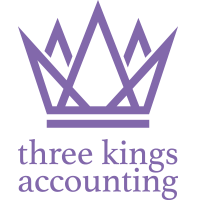Year End Accounting Checklist
The end of the financial year is a big moment for any company and having everything organised ahead of time can save you a lot of stress and worry. Too many businesses go into crunch time, desperately working to get everything they need to be done before that year-end. Here, we’re going to look at a year end accounting checklist of accounting tasks you have to complete, so you can get to work on them in advance.
PAYE & PRSI
- Copy your P35 Employee end of year return for the year.
- Ensure that your trial balance for wage cost is consistent with gross wages plus employers national insurance.
- Ensure that your trial balance is consistent with outstanding returns.
Banks & Loans
- If you have any outstanding items from your current business accounts at the end of the financial year, ensure you print-off a statement.
- Ensure that reconciliation is consistent with the trial balance.
- You will need year-end statements for all business bank accounts. This includes credit cards, current accounts, and savings accounts.
- On existing loan accounts, make sure that you are recording loan interest.
Debtors
- Keep a reviewed listing of all potential bad debts.
- Ensure that aged listing is consistent with the trial balance.
- If you have any negative balances, confirm whether or not sales have not been posted.
Creditors
- Inspect your aged listed to ensure that it agrees with your trial balance.
- If you have any negative balances within creditors, ensure that sales have not been posted.
- Reconcile your supplier statements for principal suppliers.
Prepayments
- Copy your invoices so you can work out prepayments for insurance, rent, rates, and similar costs.
Accruals
- Keep a list of the original invoices recorded after the end of the financial year that is relevant to the current year-end.
- State any provisions required.
VAT
- Copy all existing VAT returns for the financial period.
- Ensure that your Return of Trading details have been filed.
- Ensure that your trial balance agrees with any outstanding returns.
Stock Information
- Put together records of year-end stocktake, specifying the prices and quantities of stock.
- Record all obsolete stock, including quantities, with a valuation of each item.
Fixed Assets Information
- Keep a copy of all newly fixed asset purchase invoices.
- Put together all insurance schedules alongside your motor fleet listings.
- Have a fixed asset register including calculations of depreciation.
- Ensure you have a copy of each new lease or hire purchase finance agreement.
When The Year End Accounting Checklist Is Complete
Ensure you hand over your complete year-end accounts to your accountant at least five-to-six weeks before the start of the next financial year so they can start processing. Keep backups of all the data collected and start carrying out the year-end procedure.
Follow the year end accounting checklist above, and make sure you have completed every necessary step to ensure your accounts are ready for the end of the business year. Don’t force yourself to work frantically to the deadline every year. Get organised, do what you can in advance, and it should all go by much more smoothly.


